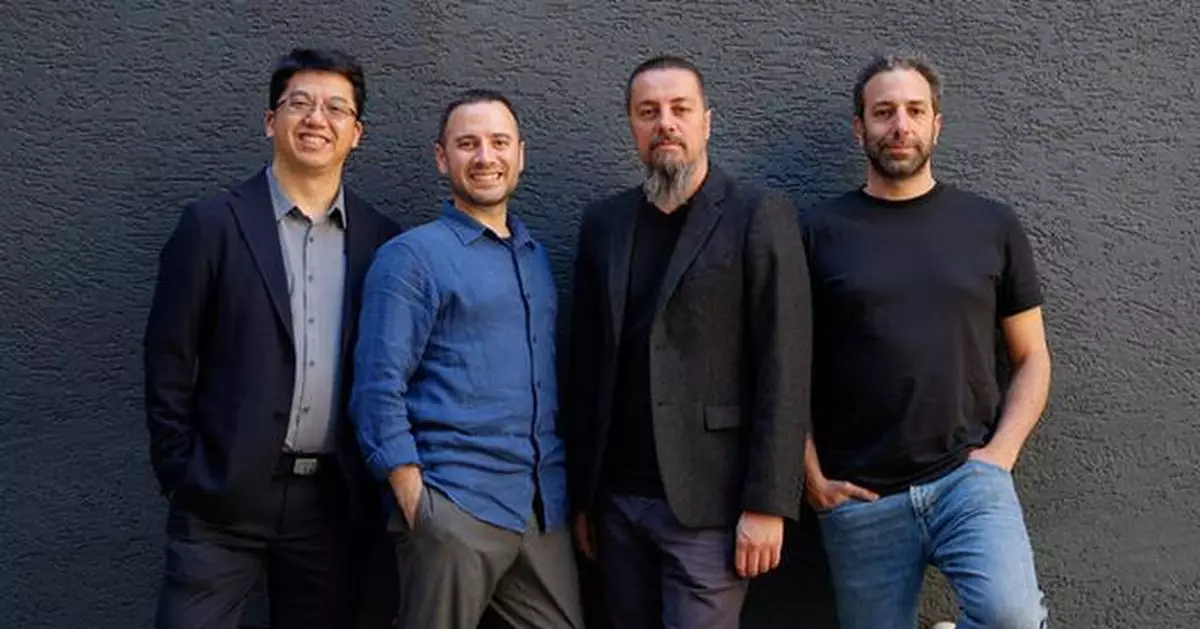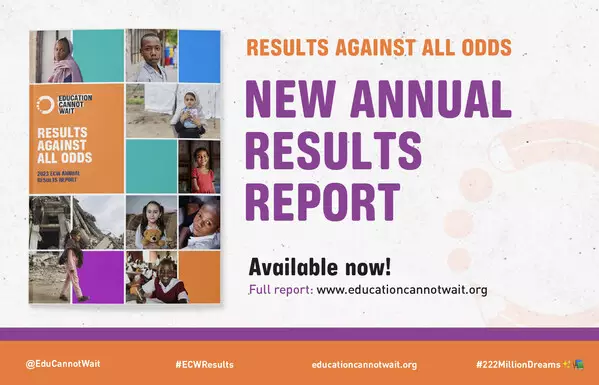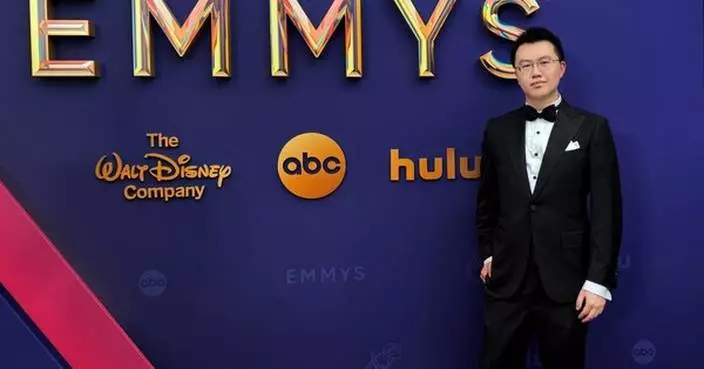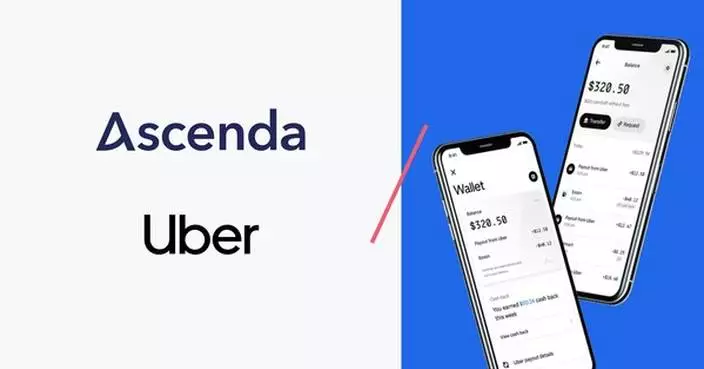Huma Finance is transforming payment financing by utilizing real-world assets to deliver instant and borderless liquidity, enabling faster, more accessible, and more efficient financial solutions.
SAN FRANCISCO, Sept. 12, 2024 /PRNewswire/ -- Huma, the first Payment Financing (PayFi) network, announced today that it has raised $38 million in funding. Distributed Global led the equity round, with significant participation from Hashkey Capital, Folius Ventures, the Stellar Development Foundation, and TIBAS Ventures, CVC arm of Ä°ÅŸbank, the largest private bank in Turkiye. Part of this raise came as investments into high-yield real world assets (RWA) assets on platform.
The vast majority of businesses and people around the world depend on a form of payment financing. Credit cards alone finance $16T in merchant payments globally. Trade finance facilitates $10 trillion in B2B payments. One in every six families depends on remittances—money sent back home across the borders—yet even that system depends on trillions of dollars being locked in pre-funding accounts. The list goes on. While the demand for payment financing increases daily, creating an urgent need for more innovative solutions, traditional financial institutions are unable—or unwilling—to meet this need, widening the liquidity gap with each passing day. Payment financing is so ingrained in every part of our lives that, without it, the entire economy would stop growing.
PayFi aims to address this giant liquidity gap by bringing trillions of dollars of real world payment volume over to blockchains and stablecoins. Leveraging the core strengths of blockchain—global money movement in seconds through programmable money—PayFi also enables new real-world use-cases that were previously impossible. Huma has built the first ever PayFi network with all of these use cases in mind, adopting an open, modular and decentralized approach to empower interoperable solutions across participants. By bringing the best of RWA, Payments, and DeFi together, Huma is creating a network that is far more efficient and accessible than traditional alternatives.
"While designing Huma, we often asked ourselves: How do you build an open payment financing network on blockchain that is more powerful than Visa? Today, stablecoins are already powering $2T in payments annually. An open payment financing network is going to help grow the entire payment ecosystem faster." said Huma co-founder Richard Liu. "The surge of interest we're seeing right now is a testament to PayFi's potential. As more partners join us every week, it's clear that PayFi is quickly becoming the new frontier of RWA."
Building on this vision, Huma's April merger with Arf, the leading on-demand liquidity solution for global payments, brought together the two of the most prominent PayFi players. Huma and Arf have already surpassed $1.8 billion in payment financing transactions and are on track to reach $10 billion next year, making them one of the fastest growing use cases for Circle's USDC.
Part of this raise came as investments into Arf's high-yield RWA assets. The Stellar Development Foundation provided a $10 million investment. Additionally, tokenized assets are currently available to accredited investors on Scroll for a limited period. With this funding infusion, Huma plans to further expand its PayFi network to the Stellar smart contract platform and to Solana in the coming months, making sure the network is accessible from all the major payments-focused chains.
"Moving money quickly and cheaply across borders is at the core of what the Stellar network does best. PayFi is providing real world utility that solves problems for people and companies, and it is the type of project tailor-made for the Stellar network. We look forward to continuing to working with Huma to grow the PayFi ecosystem," said Denelle Dixon, CEO of the Stellar Development Foundation.
"Huma's PayFi network represents an important step forward in payment financing, offering solutions to long-standing inefficiencies in the industry," said Chao Deng, CEO of HashKey Capital. "We believe innovations like this are crucial for addressing real-world challenges, and we're pleased to see Huma playing a key role in advancing the Web3 space." Huma's growing PayFi network has caught the attention of leading blockchain advocates, further fueling the momentum behind PayFi. The Solana Foundation's support signals how PayFi's innovative on-chain financial solutions are set to redefine global finance.
"PayFi is the creation of new financial markets around the time value of money. On-chain finance can enable new financial primitives, product experiences, and financial access that are impossible in traditional or even Web2 finance. When I met the Huma team, it was immediately apparent that they'd be a great anchor for the PayFi ecosystem within Solana." said Lily Liu, President of Solana Foundation.
Huma plans to launch the Huma Foundation this year, a pivotal move to decentralize its PayFi network and broaden global access, further solidifying its leadership in the RWA space. Additionally, Huma is set to host the inaugural PayFi Summit in collaboration with the Solana Foundation and Stellar Development Foundation at Singapore Token 2049 on September 17th——an event poised to ignite conversations and drive innovation in the industry.
About Huma
Huma Finance is the first PayFi network. Huma powers financing of global payments, with instant access to liquidity anywhere, anytime. For more information about Huma and the PayFi network, visit https://huma.finance/
Photo - https://mma.prnasia.com/media2/2503213/Huma_Arf_Founders.jpg?p=medium600
** The press release content is from PR Newswire. Bastille Post is not involved in its creation. **
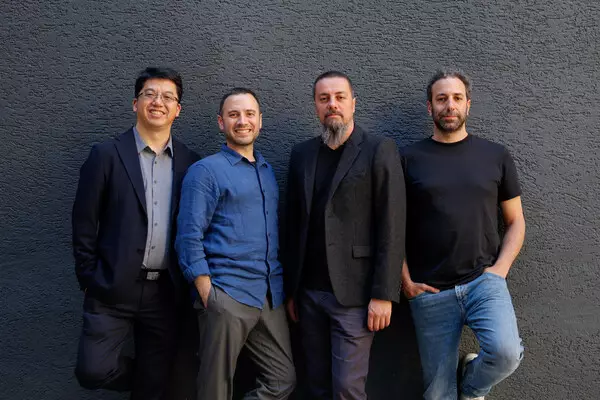
Huma Raises $38M to Hyper-scale its Payment Financing (PayFi) Network


